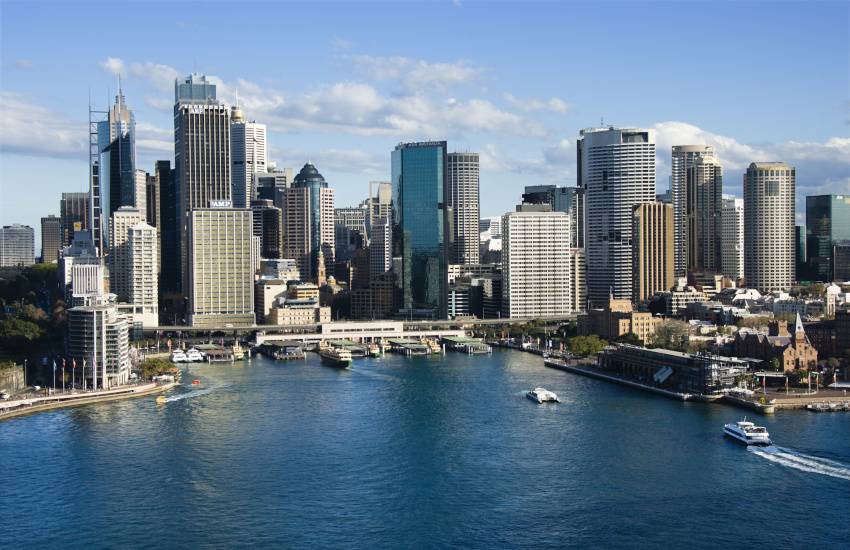The government has now been called to undertake a comprehensive review and reform of the tax system to rebuild the Australian economy and generate sufficient revenue to support public spending in a post-pandemic environment.
The call comes as Australia enters its first recession in close to three decades, with GDP for the June quarter contracting by 7 per cent, the largest contraction since records began in 1959.
You’re out of free articles for this month
The Tax Institute believes recurring themes addressed in previous reviews, such as the corporate tax rate, should be a focal point for the government.
It believes that a lower rate, no higher than 25 per cent, should apply to all companies irrespective of their aggregated turnover or proportion of passive income.
“The current dual tax rate system adds unnecessary complexity to the corporate tax system and produces anomalous outcomes,” the Tax Institute said in its pre-budget submission.
While acknowledging that the 25 per cent tax rate would still leave Australia in the top one-third of OECD countries’ highest corporate income tax rates, the Tax Institute believes it is a justified compromise from the current 30 per cent and 27.5 per cent two-tiered tax rate.
“In the Asia-Pacific region, such a rate is substantially higher than the headline corporate tax rate of neighbouring countries,” the Tax Institute said.
“This lower rate still leaves Australia in a relatively uncompetitive position in the Asia-Pacific region.
“However, given the contentious debate surrounding the reduction of the rate, it is viewed as a step in the right direction.”
As a trade-off for the lower corporate tax rate, the Tax Institute believes the government will need to consider broadening the GST base and increasing the rate, noting that Australia’s reliance on income tax bases is a step behind OECD counterparts.
It has also backed the NSW government’s Thodey report recommending that stamp duties on property transfers should be repealed and replaced with a broad-based land tax.
To encourage business investment and provide ongoing confidence, the Tax Institute has also called on the government to make the instant asset write-off a permanent feature of the tax system.
The current $150,000 instant asset write-off for businesses with an aggregated turnover of less than $500 million will only run to 31 December 2020, before reverting to $1,000 for businesses with a turnover of less than $10 million from 1 January 2021.
It believes the threshold should be set at $30,000 for businesses with an aggregated turnover of less than $50 million.
“The IAWO has been extended four times since the IAWO threshold was increased from $1,000 to $20,000 on 12 May 2015 until 30 June 2017. The threshold has also been increased four times since 2015,” it said.
“This evidences the popularity of the measure at both a government and taxpayer level.
“The Tax Institute considers that further amendments to make the IAWO a permanent feature of the tax system would bring about efficiencies and reduce the compliance burden for a vast number of taxpayers.”
Jotham Lian
AUTHOR
Jotham Lian is the editor of Accountants Daily, the leading source of breaking news, analysis and insight for Australian accounting professionals.
Before joining the team in 2017, Jotham wrote for a range of national mastheads including the Sydney Morning Herald, and Channel NewsAsia.
You can email Jotham at: This email address is being protected from spambots. You need JavaScript enabled to view it.

 Login
Login







